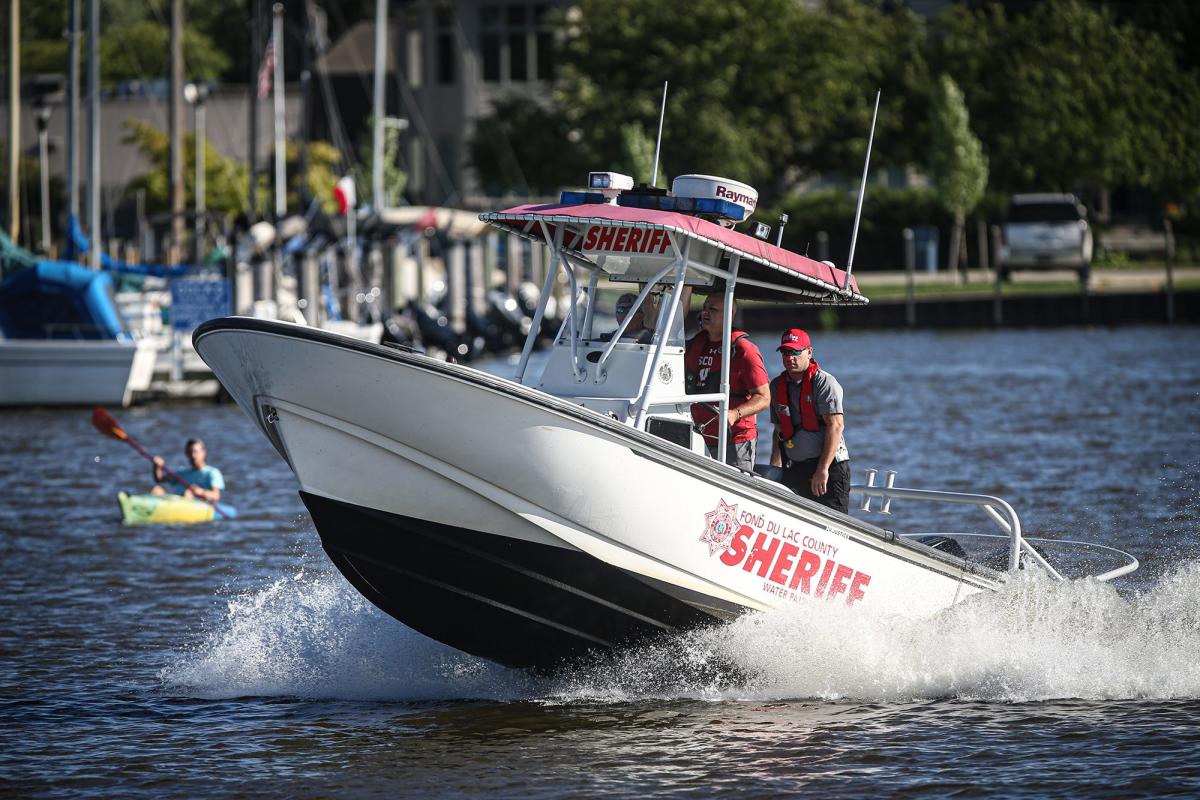By Andrew Goudsward
FORT PIERCE, Florida (Reuters) – The judge overseeing Donald Trump’s secret documents case said on Tuesday she is unlikely to grant his lawyers’ request to exclude parts of evidence from the trial because FBI agents have been given too much leeway to search his property.
During a hearing in a federal court in Florida, Judge Aileen Cannon told Trump’s lawyers she “failed to see” why a search that uncovered dozens of boxes of haphazardly stored national security documents at his Mar-a-Lago home , was legally problematic.
Cannon, a Trump appointee, questioned Trump’s lawyers’ contention that the FBI might not have obtained court approval for the search if they had included certain information, such as the fact that FBI officials had debated whether they had to ask permission from Trump’s lawyers for the search. .
“Why would that have been legally important?” Cannon asked Trump attorney Emil Bove. “Can’t it just be that reasonable minds disagree?”
The evidence in question is at the center of the criminal case, which accuses Trump of illegally withholding sensitive national security documents after he left office in 2021. Trump has pleaded not guilty.
The Republican presidential candidate has also pleaded not guilty in separate criminal cases in Georgia and Washington accusing him of trying to overturn his 2020 election defeat to Democrat Joe Biden. A Manhattan jury found Trump guilty in May of covering up his former lawyer’s hush money payment to an adult film actress.
Cannon, who was nominated to her position by Trump, ruled in his favor in an earlier challenge to the FBI’s 2022 search.
She has allowed other legal challenges from Trump’s lawyers to delay any trial until likely after the Nov. 5 election, when Trump and Biden will meet again.
Trump’s lawyers argued that the Mar-a-Lago search warrant violated the U.S. Constitution because it gave agents too broad authority to comb the property to seize possible evidence. They also argued that prosecutors failed to inform the judge who approved the order of information useful to Trump’s defense.
The search yielded approximately 100 secret documents stored in the building.
Prosecutors defended the court-authorized search where appropriate and necessary. The search came after prosecutors learned that Trump had deliberately thwarted a legal demand to return classified documents left at Mar-a-Lago, the indictment said.
Trump’s lawyers were also expected to ask Cannon to destroy evidence collected from Trump’s former lawyer Evan Corcoran, who was scheduled to testify in the investigation. That portion of the hearing took place out of public view.
Notes from Corcoran, who previously represented Trump in the documents investigation, are a key part of the case that Trump obstructed the administration’s efforts to retrieve the documents after he was ordered to return them. Trump at one point in the investigation asked Corcoran why he couldn’t falsely tell the government that prosecutors said no classified documents were left at Mar-a-Lago.
Trump has argued in court filings that prosecutors violated his attorney-client privilege, which generally protects conversations between lawyers and the people they represent from disclosure, when they brought Corcoran before a grand jury and obtained notes about his conversations with Trump.
Another federal judge previously ruled that Corcoran had to testify because prosecutors showed his legal advice was used to further criminal activity. Corcoran has not been accused of wrongdoing.
The hearing capped three days of arguments for Cannon on Trump’s challenges to the case. Trump’s lawyers argued on Friday and Monday that Smith was unlawfully appointed and that his research was improperly funded.
Cannon has yet to rule on any of these motions.
(Reporting by Andrew Goudsward; Writing by Andy Sullivan; Editing by Scott Malone, Cynthia Osterman and Alistair Bell)






